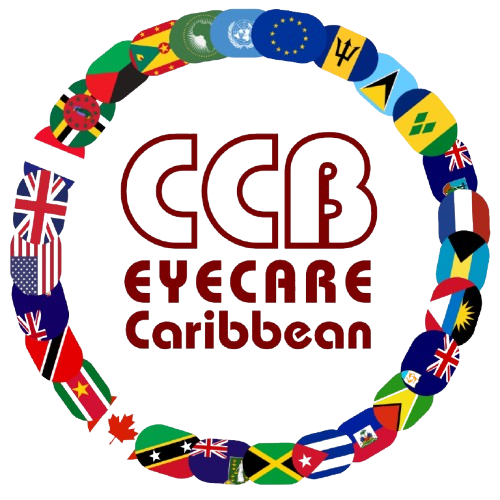A Study of the Impact of the Rehabilitation Programme Offered by Agencies of the
A THESIS : Submitted in Partial Fulfillment of the Master in Social Work Of the University of the
Department of Sociology Psychology and Social Work Faculty of Social Sciences, Mona Campus
(download the full report including all statistical tables here)
ABSTRACT
This research is an assessment of the impact of the rehabilitation programme offered by agencies of the Caribbean Council for the Blind on the status of blind and visually impaired women in the region. The sample consisted of 100 blind and visually impaired women from four Caribbean islands, namely,
The findings revealed that the programme’s impact was positive in the areas of independent travel, decision-making in the home, performance of household duties and on self- confidence. With regard to community and organizational involvement, the programme’s impact was less evident, as most persons were not involved in their communities. Even though the majority of the respondents were involved in disabled organizations, only a few persons held leadership positions. A perusal of the educational status of the women revealed that a half of the sample did not achieve academically , and there was no indication that the rehabilitation training they received had equip them to pursue further education and training. With regard to their socioeconomic status, sixty-three percent of the respondents were not working and the majority of those who were employed earned very minimal salaries.
The following recommendations were made: That the programme be modified to include Retraining of rehabilitation personnel aimed at equipping them with the necessary advocacy and networking skills to facilitate the use of existing resources. That the programme be modified to include Career counselling and information dissemination regarding current job opportunities. Provision of placement services for those wishing to obtain employment. The provision of peer counselling and mentorship programmes aimed at motivating the women. The institution of ongoing sustainable public awareness programmes.
